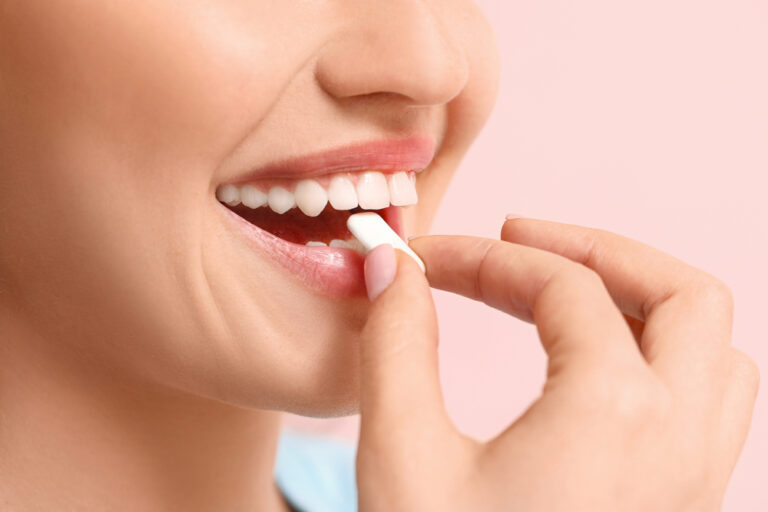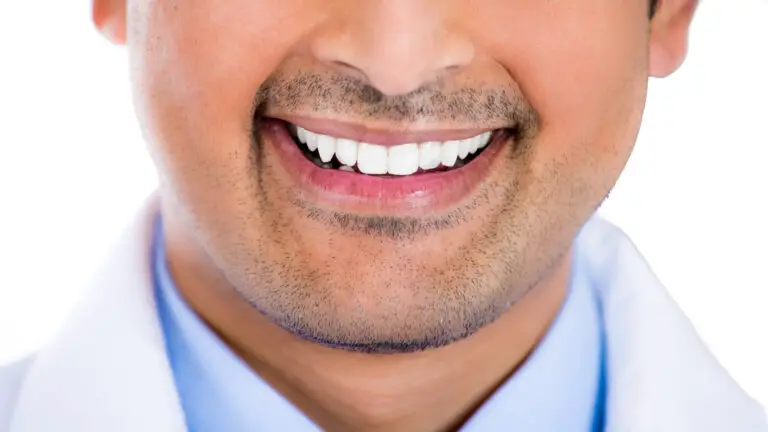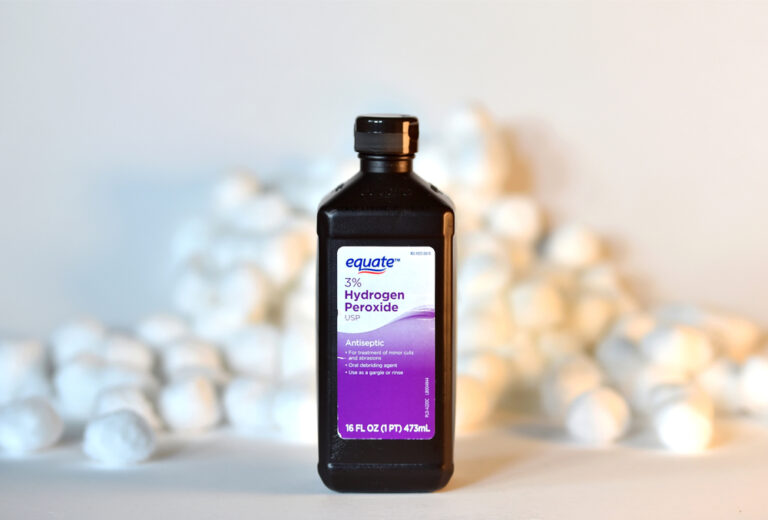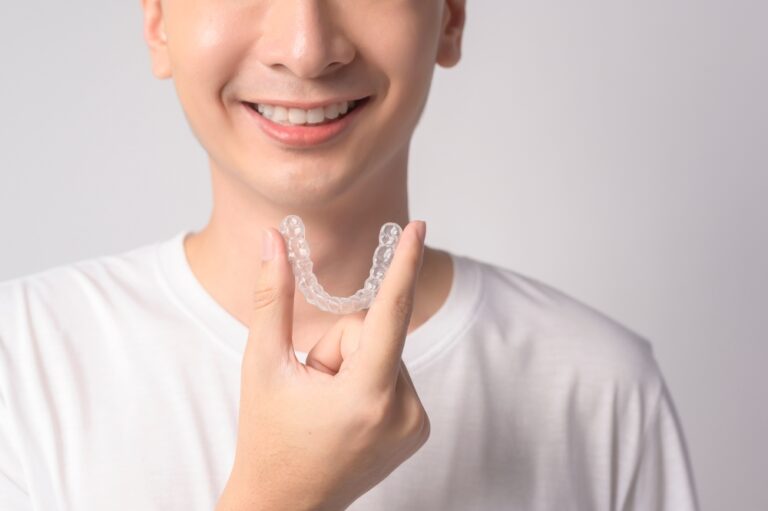It’s very common for women to experience increased tooth sensitivity during pregnancy, especially in the first trimester. Some degree of sensitivity while pregnant is normal, but severe or persistent discomfort should be addressed by a dentist. Here is an extensive look at the causes, treatments, and prevention for sensitive teeth in early pregnancy.
What causes tooth sensitivity in early pregnancy?

Several significant changes take place in the body around 6 weeks pregnant that can lead to pronounced tooth sensitivity.
Hormonal fluctuations
When a woman becomes pregnant, levels of hormones like estrogen and progesterone rise drastically. In the first 10-12 weeks of pregnancy, these hormones surge and fluctuate wildly as the body adjusts to the needs of mother and baby.
Estrogen in particular boosts blood flow throughout the body. This includes increased circulation to the gums and dental tissue. More blood flow means swollen, inflamed gums that are more tender and prone to irritation. The gums may look puffy and red and bleed easily even with gentle brushing. This condition is known as pregnancy gingivitis or gum disease.
Increased sensitivity is the body’s response to this inflammation. The excess blood circulation intensifies nerve sensitivity in the gums. Dental pain receptors fire more easily, and women experience exaggerated pain from stimuli that may not have bothered them before.
Diet changes
Changing dietary habits in early pregnancy also impact oral health. Most women have strong food cravings and aversions during the first trimester as appetite and tastes change.
Unfortunately pregnancy cravings often involve sugary or acidic foods that erode tooth enamel. Things like soft drinks, citrus fruits, vinegar, and candies feel good in the moment but damage enamel long-term.
Acidic vomiting from morning sickness also exposes the teeth to corrosive stomach acid multiple times a day. This frequent acid bath eats away at the enamel layer that protects the sensitive dentin underneath.
With the enamel compromised, hot and cold foods or liquids cause sharp sensitivity by exposing vulnerable nerves. Crunchy or sticky foods may also provoke pain.
Increased blood volume
Another pregnancy change is the overall expansion of blood volume to support maternal and fetal needs. Blood volume can increase by as much as 50% by the end of pregnancy. This puts added pressure on blood vessels throughout the body.
Blood vessels around the gum line have to expand to accommodate this extra volume. This increased pressure on the gums again aggravates inflammation and sensitivity. The gums may bulge or swell in response.
Calcium loss
Calcium is vital for building healthy teeth and bones in baby. To meet this demand, the body pulls calcium stores from the mother’s bones and teeth.
This leaching effect weakens the enamel over time. The thinner enamel layer becomes more translucent and prone to sensitivities.
When does tooth sensitivity tend to lessen during pregnancy?
The good news is that for most women, the worst of tooth sensitivity is temporary and confined to the first trimester. This is when hormones like estrogen are peaking and radical body changes are underway.
As the woman’s body adjusts to being pregnant, hormone levels plateau. Usually around the 4th month mark, hormone fluctuations even out. Blood volume and circulation also stabilize. For many women, these changes bring relief from oral inflammation and sensitivity as the pregnancy progresses.
During the second and third trimesters, symptoms like swollen gums and sensitive teeth often fade. However, some women may deal with tooth pain throughout pregnancy if underlying issues like gum disease or cavities go untreated.
Tips to reduce tooth sensitivity in early pregnancy

Pregnancy tooth sensitivity can be managed with at-home remedies and dental care:
Have a dental exam
See your dentist for a thorough exam, cleaning, and x-rays if needed. Identifying issues likeDecay or abscesses early prevents more extensive problems later.
Get plaque removed
Ask your dentist to remove all built-up plaque, tartar and bacteria deposits. This professional scaling reduces gum irritation.
Use soft bristles
Choose an ultra-soft bristled toothbrush that is gentle on inflamed gums. Avoid abrasive back-and-forth scrubbing.
Brush twice daily
Gently brushing morning and night removes acid and bacteria that contribute to sensitivity.
Floss daily
Flossing is critical for removing plaque between teeth that brushing misses. But go slowly and avoid snapping floss against the gums.
Rinse with warm salt water
Swishing with a warm saltwater rinse can soothe painful gums and draw out inflammation. Dissolve 1/2 teaspoon salt in a cup of warm water.
Limit acidic foods
Avoid sour and acidic foods and drinks which erode enamel. This includes soda, citrus fruits, vinegar, wine, tomatoes and yogurt.
Drink with a straw
When you do indulge in something acidic, use a straw to direct the liquid towards the back of the mouth instead of the teeth.
Chew sugar-free gum
Chewing xylitol gum after eating stimulates saliva flow, which neutralizes acids and remineralizes enamel.
Use sensitivity toothpaste
Switch to a toothpaste made for sensitive teeth. Ingredients like potassium nitrate help block pain signals.
Apply SensiGel
SensiGel is an OTC product that provides a protective coating for sensitive areas and stops pain.
Get fluoride treatments
Ask your dentist about professional strength fluoride treatments to rebuild weakened enamel. An OTC fluoride rinse before bed is another option.
Take calcium and vitamin D
Your prenatal vitamin should provide calcium and vitamin D3 to prevent mineral loss from teeth. Your dentist may recommend further supplementation to support enamel.
Use dental gum
Chewing gum with novocaine or benzocaine can temporarily numb sore areas and bring relief.
Avoid whitening treatments
Hold off on teeth whitening kits or procedures during pregnancy, as the chemicals may irritate your gums further.
Wear a night guard
If you grind your teeth, wear a night guard provided by your dentist to prevent wearing down the enamel.
When to see a dentist

Consult your dentist promptly if you have:
- Bleeding, inflamed or painfully swollen gums
- Recurrent or severe tooth sensitivity
- Sensitivity accompanied by decay or chipping
- Sensitivity lasting longer than a few seconds when exposed to hot/cold
- Difficulty brushing or flossing due to pain
- Tooth sensitivity that interferes with eating, drinking or sleeping
- Sudden sensitivity with no apparent cause
Dentists have access to diagnostic tools and strong topical medications that provide more lasting relief than OTC products. Seeking prompt professional treatment can often nip sensitivity issues in the bud before they spiral.
Can I get my teeth whitened during pregnancy?
Most dentists recommend avoiding teeth whitening treatments during pregnancy, especially in the first trimester when gums are highly sensitive.
Whitening kits use peroxide-based gels that may irritate inflamed gum tissues. Capping teeth with whitening strips also traps irritants against the gums.
In-office power whitening relies on light energy that produces heat. This combination may overstimulate already sensitive gums and teeth.
Finally, whitening is less effective when teeth are demineralized, as is common during pregnancy. Hormones can also interfere with whitening chemical reactions. For best results, wait until after birth to undergo whitening. Always get your dentist’s approval before using any whitening products while pregnant.
Does tooth sensitivity during pregnancy mean my baby’s teeth will be sensitive?
There is no direct correlation between a mother experiencing tooth sensitivity while pregnant and her baby later having sensitive teeth issues.
A mother’s tooth sensitivity stems from fluctuating hormones and circulatory changes in her own body during pregnancy. The fetus is not impacted by these sensitivities or experiencing them directly in the womb.
After birth, babies form their first teeth from genetic instructions, not as a reaction to conditions in the womb. As long as a mother maintains proper nutrition and oral health during pregnancy, tooth troubles are unlikely in her baby.
When will my teeth feel normal again after pregnancy?
For most women, tooth sensitivity resolves itself within several months after giving birth as hormones return to pre-pregnancy levels. Circulation and blood volume also go back to normal.
If tooth enamel was weakened or eroded during pregnancy, continuing good oral hygiene helps remineralize and harden it again over time. Avoiding acidic drinks, using fluoride toothpaste, and seeing your dentist regularly will all help get your teeth back into normal shape.
In rare cases, tooth sensitivity lingers for longer than 6 months post-partum. See your dentist promptly if your teeth have not resumed normal sensitivity levels after the initial postpartum period. Additional dental work may be required to address underlying issues causing ongoing discomfort.
Can I prevent tooth sensitivity before getting pregnant?

Yes, excellent oral health habits prior to conceiving can help minimize tooth sensitivity during pregnancy. Try these proactive steps:
- Get any needed dental work done beforehand like fillings, root canals or crowns. This prevents urgent issues arising during pregnancy.
- Have a deep cleaning to remove built-up calculus and plaque below the gum line. Thorough removal of bacteria-harboring deposits before pregnancy prevents inflammation and decay.
- Whiten teeth prior to pregnancy when whitening gels are safer to use. Your teeth will stay brighter longer.
- Evaluate dietary habits and reduce intake of acidic, sugary foods and beverages which erode enamel.
- Stay hydrated and avoid habits that cause dry mouth like mouth breathing or antihistamines, which remove protective saliva.
- Stopparafunctional habits like teeth grinding or nail biting that put pressure on teeth. Consider a night guard.
- Start daily use of a fluoride toothpaste to strengthen enamel.
- Begin taking a prenatal vitamin with calcium, vitamin D3 and vitamin C for added dental support.
In summary
Mild to moderate tooth sensitivity commonly occurs around 6 weeks pregnant due to surging hormones like estrogen and the bodily changes of early pregnancy. While sensitivity usually peaks in the first trimester, excellent oral health can prevent exaggerated or ongoing discomfort. Address dental issues before conceiving whenever possible. Once pregnant, maintain diligent brushing and flossing and avoid activities that damage enamel. Promptly treat severe sensitivity or pain with your dentist. With proper care, your teeth should bounce back after birth.
Frequently Asked Questions
Q: What causes bleeding gums during pregnancy?
A: The most likely culprit is pregnancy gingivitis, which arises from increased hormone levels and blood circulation to the gums. The inflamed gum tissue becomes engorged and more prone to bleeding, especially when brushing. Preventive dental cleanings and gentle brushing help reduce bleeding and discomfort.
Q: Can I get my teeth cleaned at 6 weeks pregnant?
A: Yes, dental cleanings are encouraged during pregnancy to protect oral health. Communicate that you are pregnant and how far along you are. Cleanings remove calculus buildup below the gumline that causes sensitivity. Local anesthetic is considered safe during pregnancy. Cleanings remove irritants to minimize pregnancy gingivitis.
Q: How can I safely relieve tooth pain during pregnancy?
A: Start with OTC options like sensitivity toothpaste containing potassium nitrate or SensiGel. Warm saltwater rinses and products like Orajel can temporarily numb pain. Clove oil applied topically reduces discomfort. Acetaminophen is the safest OTC pain reliever for short-term use. Prompt dental treatment is ideal for lasting relief from severe tooth pain while pregnant.
Q: What vitamins help strengthen teeth during pregnancy?
A: Prenatal vitamins containing calcium, vitamin D3 and vitamin C are vital for healthy teeth during pregnancy. Calcium preserves structural integrity. Vitamin D improves calcium absorption. Vitamin C maintains collagen in gums and accelerates healing. Your dentist may recommend additional supplements or vitamin-rich foods if deficiencies are found.
Q: Will my teeth go back to normal after I give birth?
A: Yes, for most women tooth sensitivity resolves within 3-6 months after delivery as hormones regulate and blood volume normalizes. Continuing proper dental hygiene helps to remineralize and hardened enamel softened during pregnancy. Avoiding acidic foods and drinks protects enamel. See your dentist soon after birth for exam and cleaning to get your oral health back on track. Call them if sensitivity persists beyond 6 months postpartum







